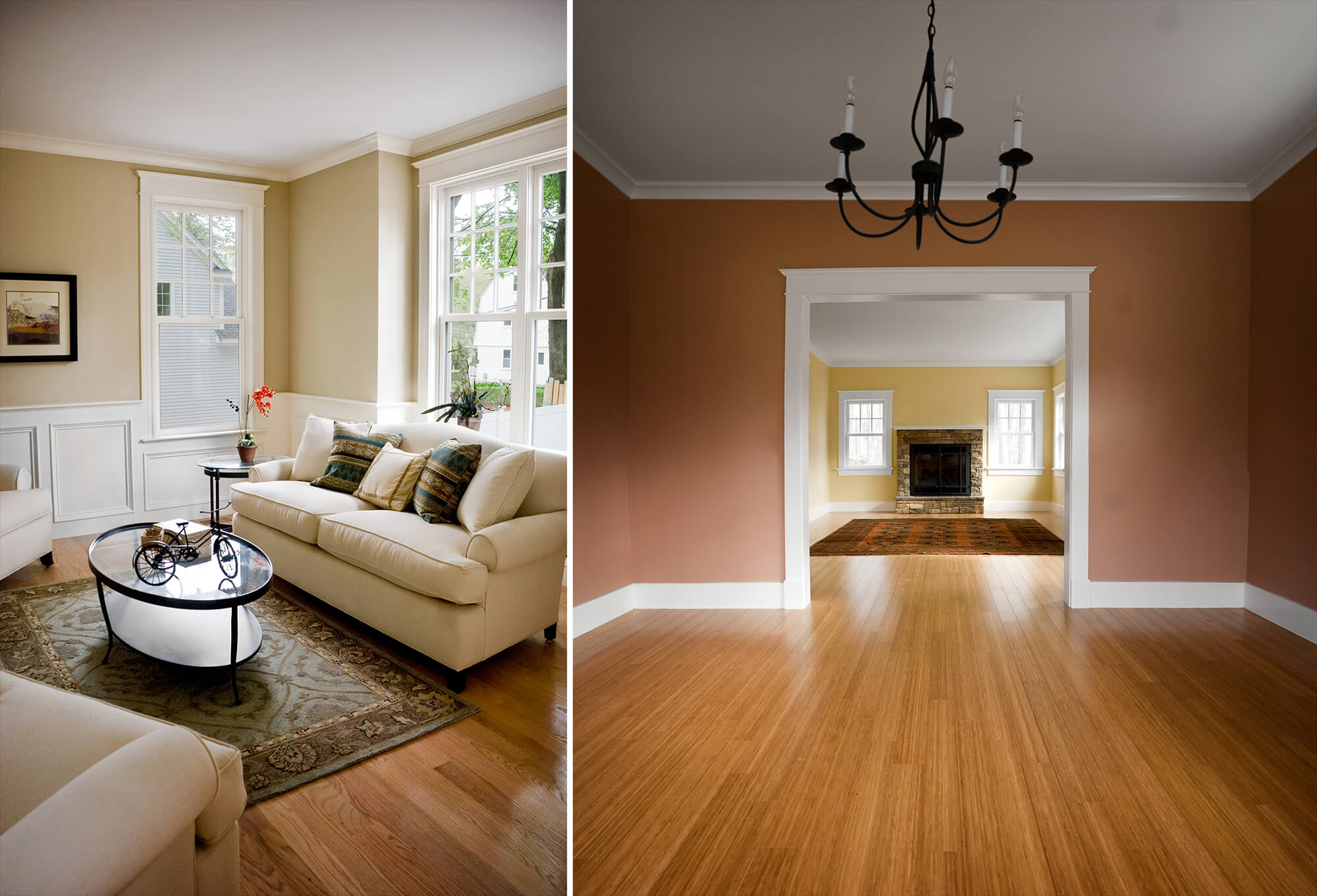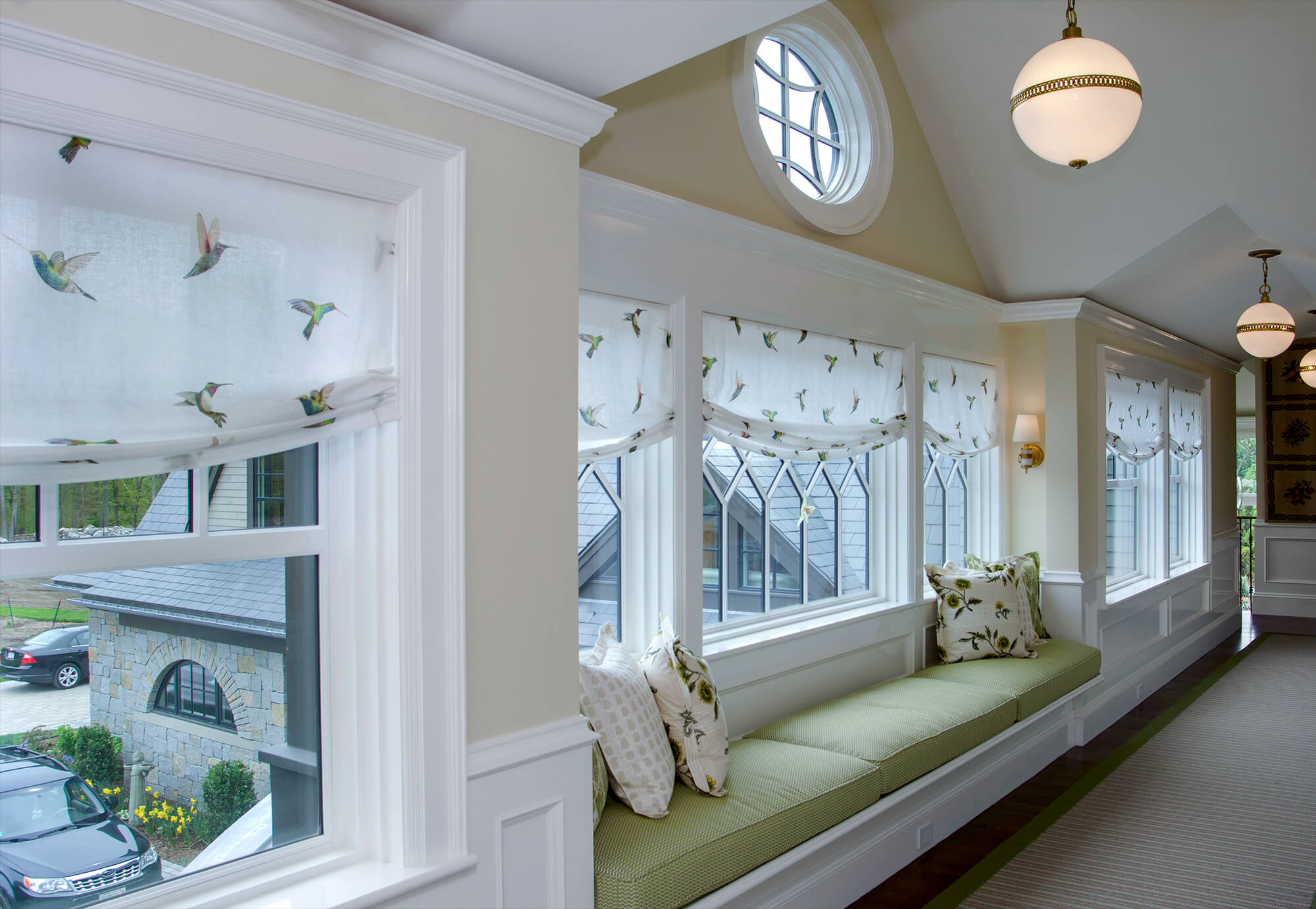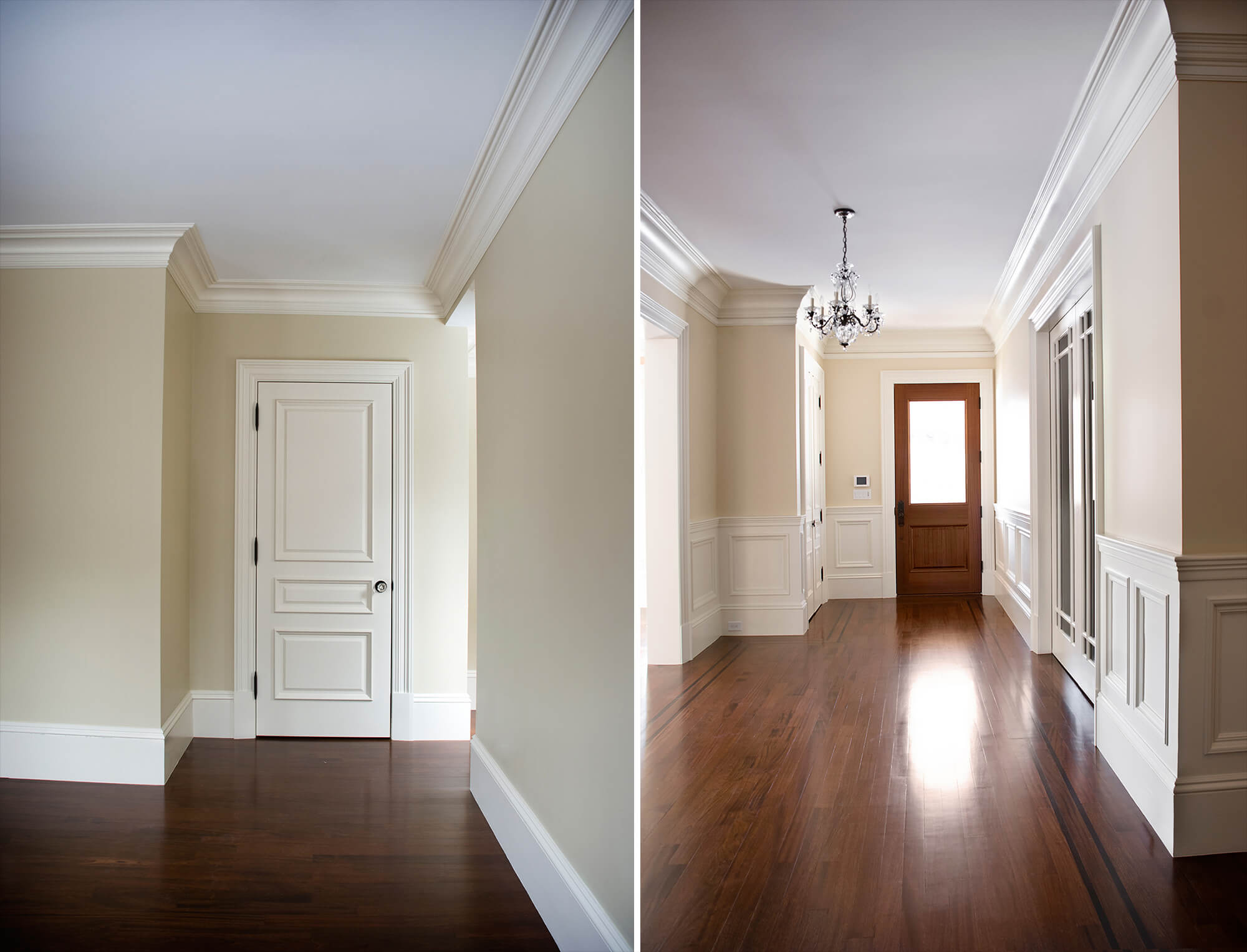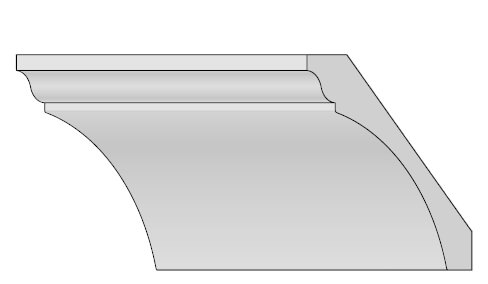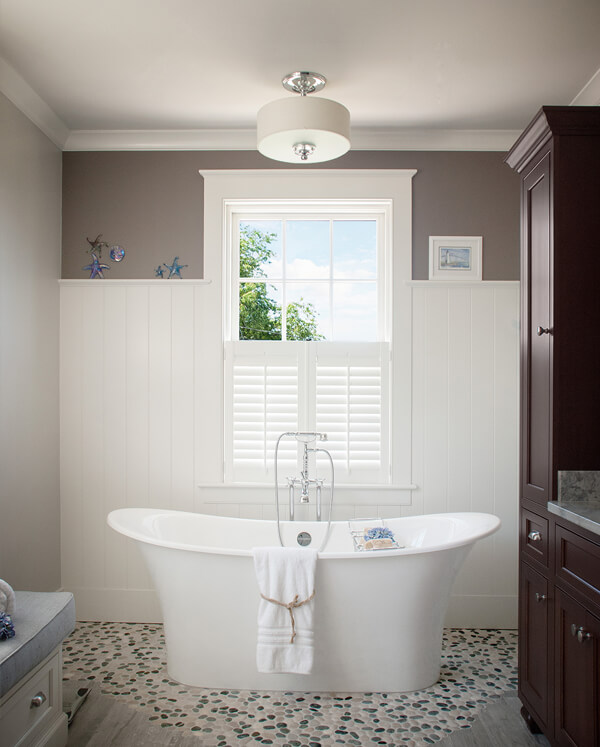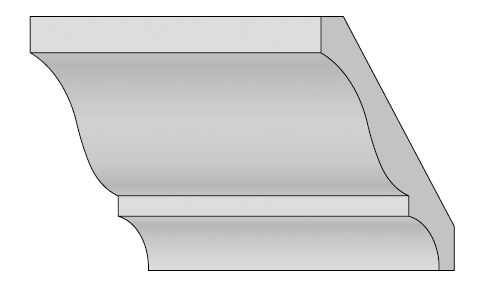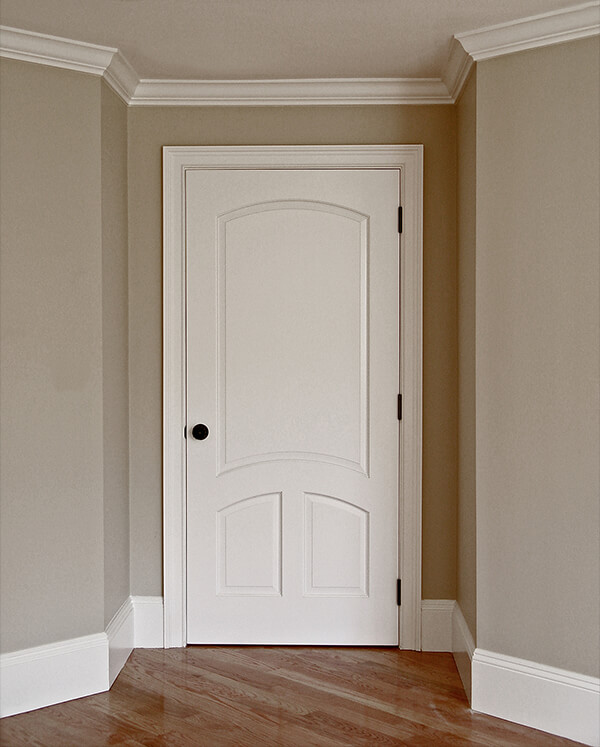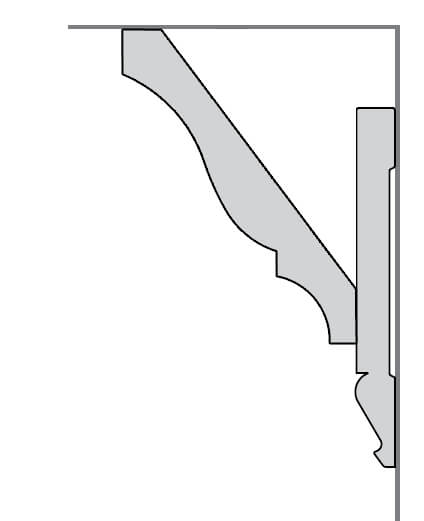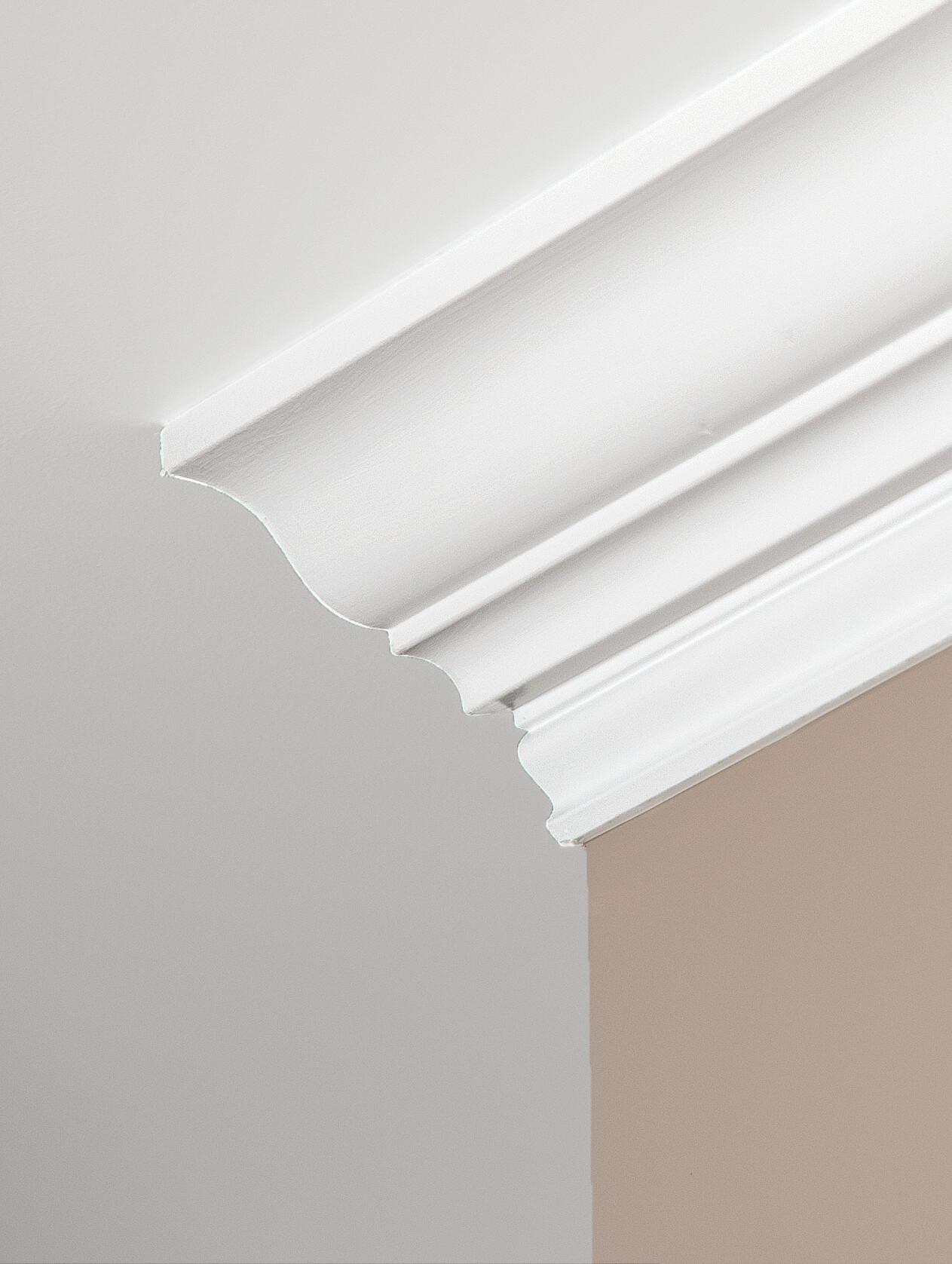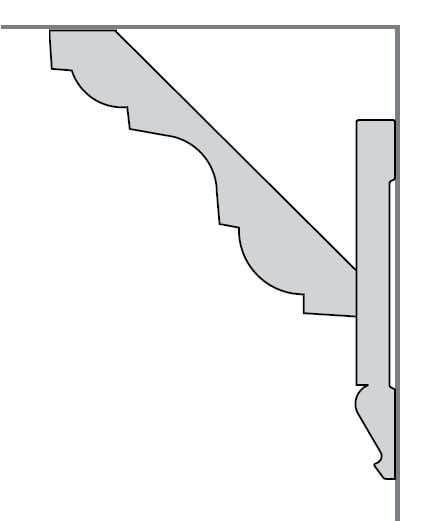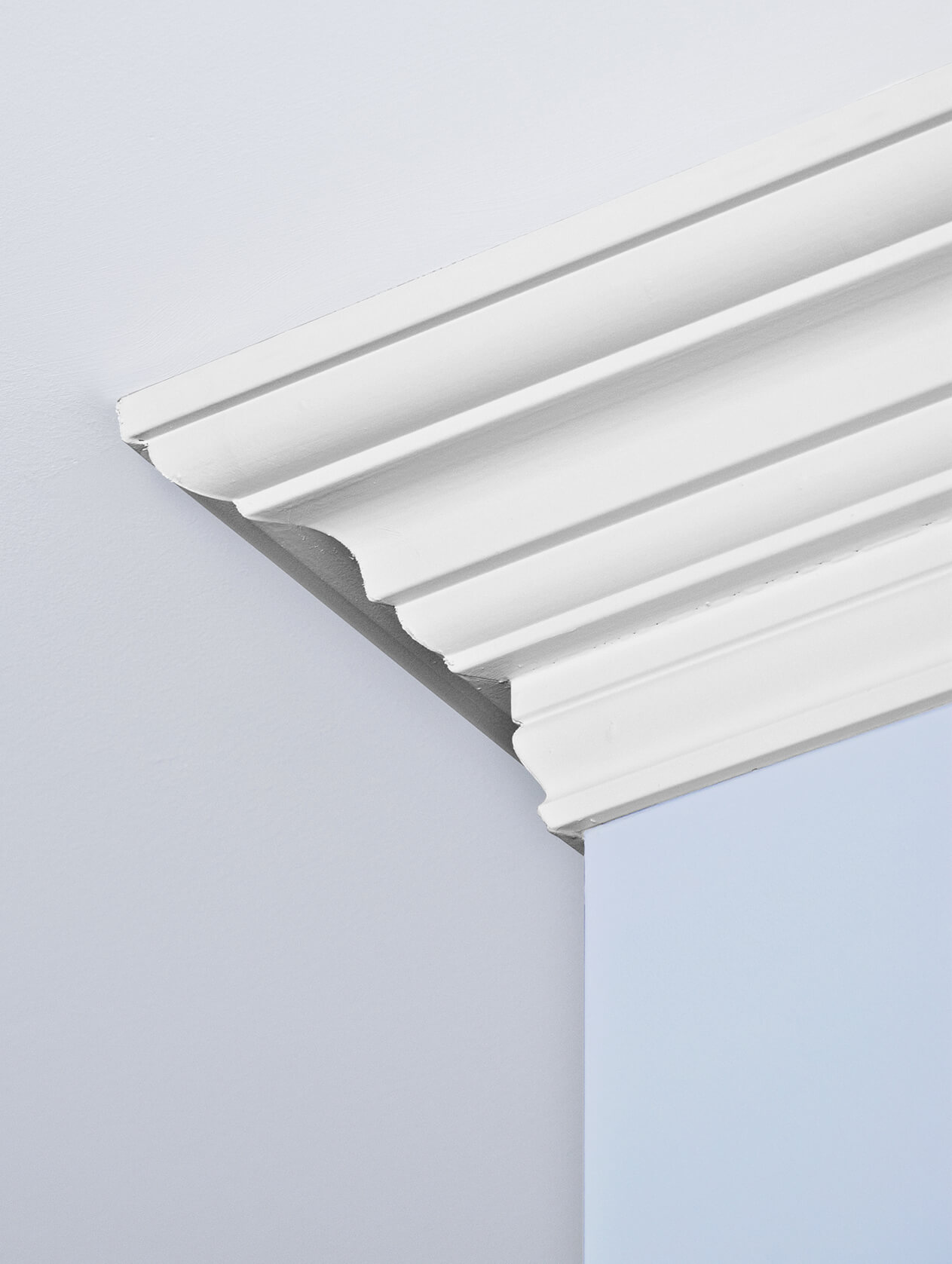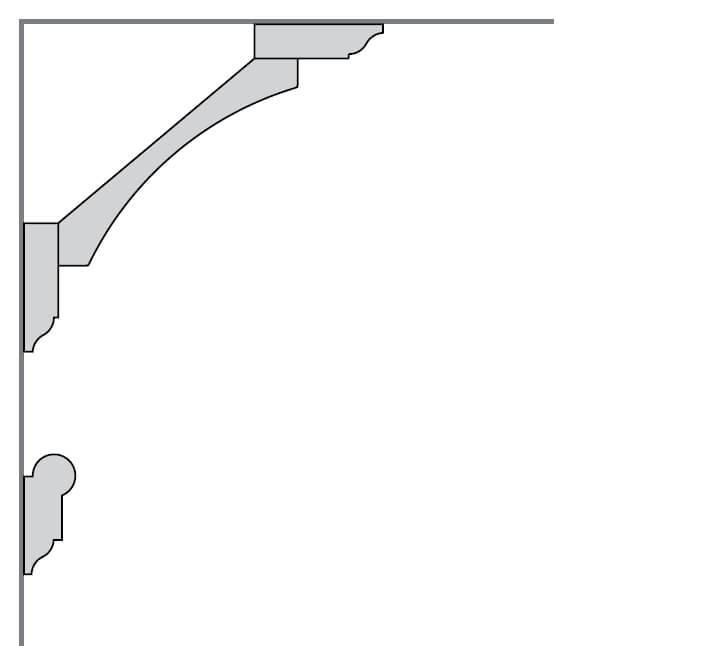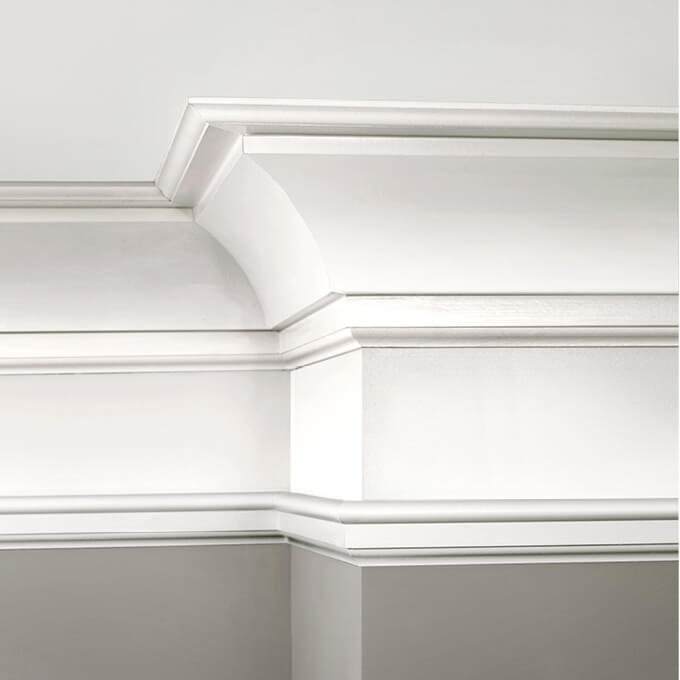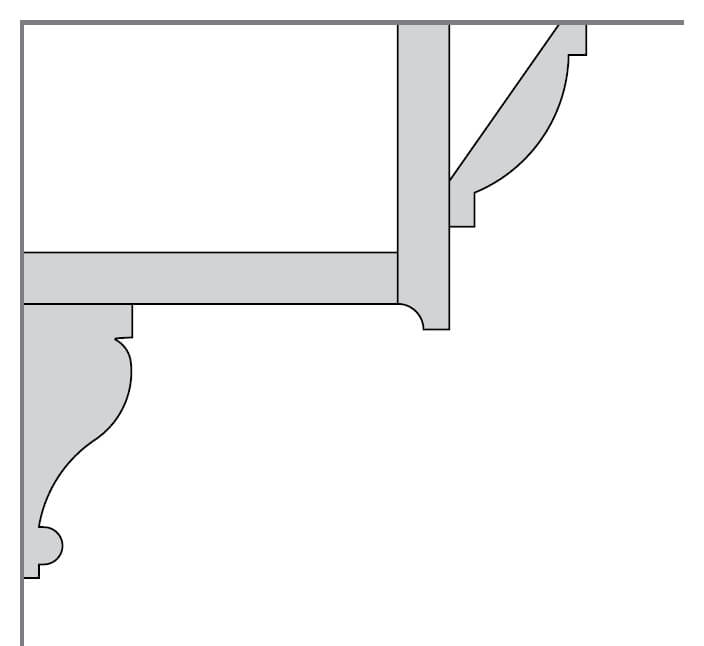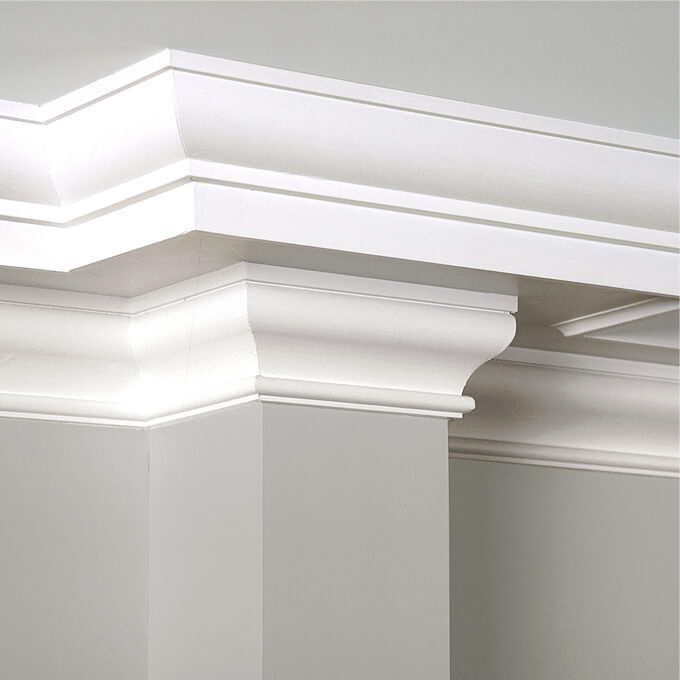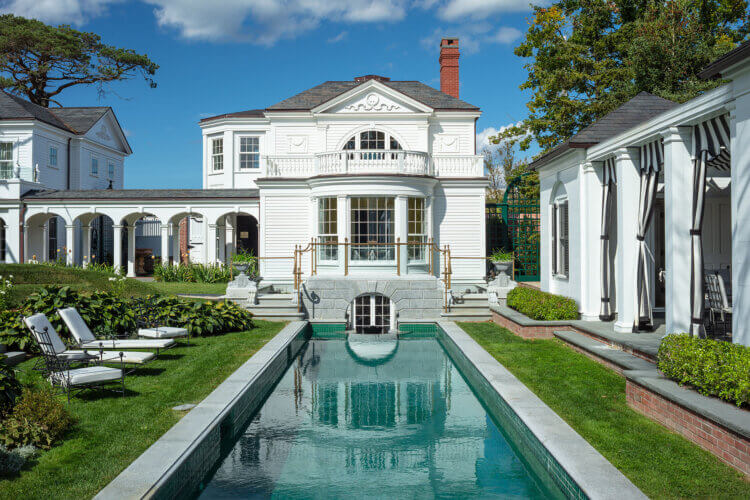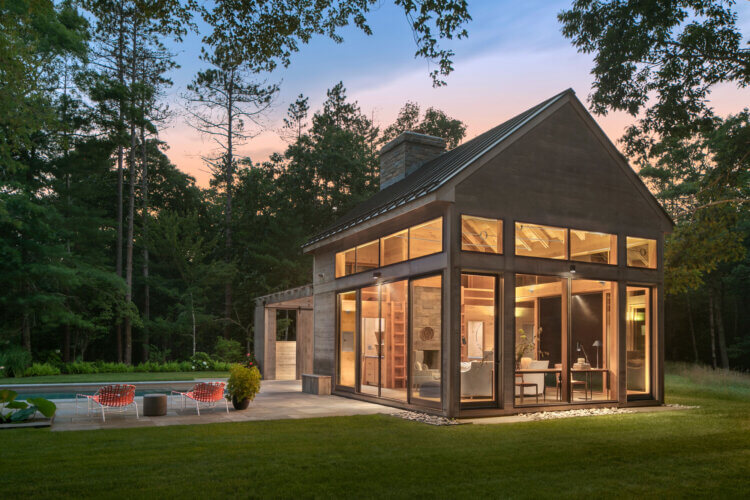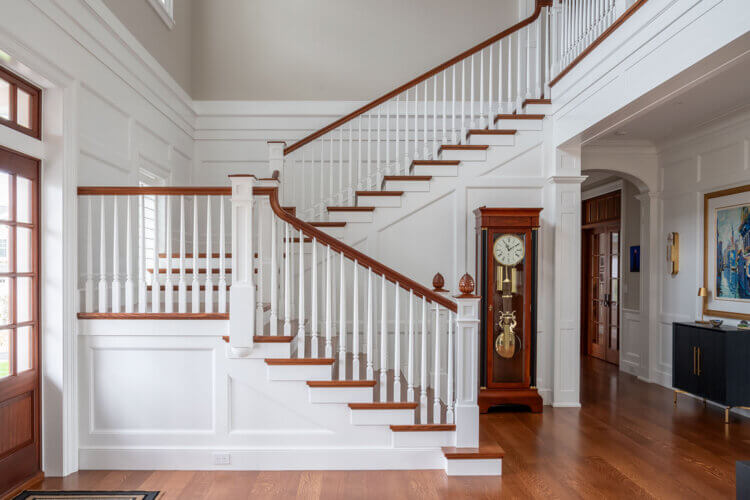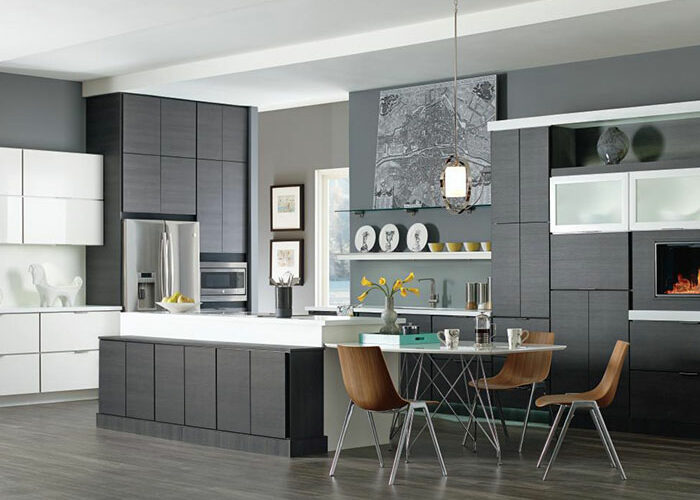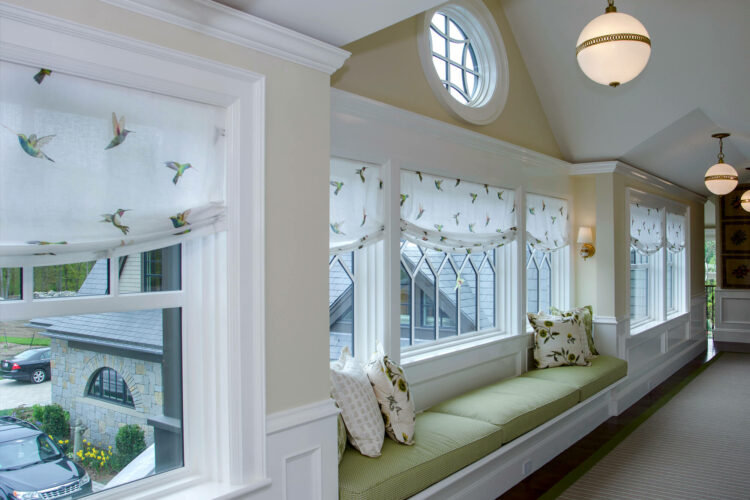
How to Choose the Correct Size Crown Moulding
Crown moulding is often treated as a purely decorative element in a room, but it actually plays an important architectural role in traditional interior design. Within the house, the selective use of crown moulding in formal public rooms helps to distinguish those rooms from the more casual private spaces. Within the room, crown mounding helps establish balance and proportion, creating a space that is pleasing to the eye. There are some clear and simple rules that every architect, builder, and homeowner should keep in mind when choosing the perfect crown moulding for a space. Here, we will discuss why size matters when determining what crown will work best for your next project.
Before we determine what size crown to use, we first must explore a quick lesson in the Orders of classical architecture. The crown moulding along with other trim selections in the interior of a room directly relate to the historic columns of antiquity. When comparing traditional mouldings to the Doric Order of ancient Greece, the base moulding relates to the pedestal base, the chairrail relates to the pedestal cap, and the crown moulding relates to the column’s entablature or cornice.
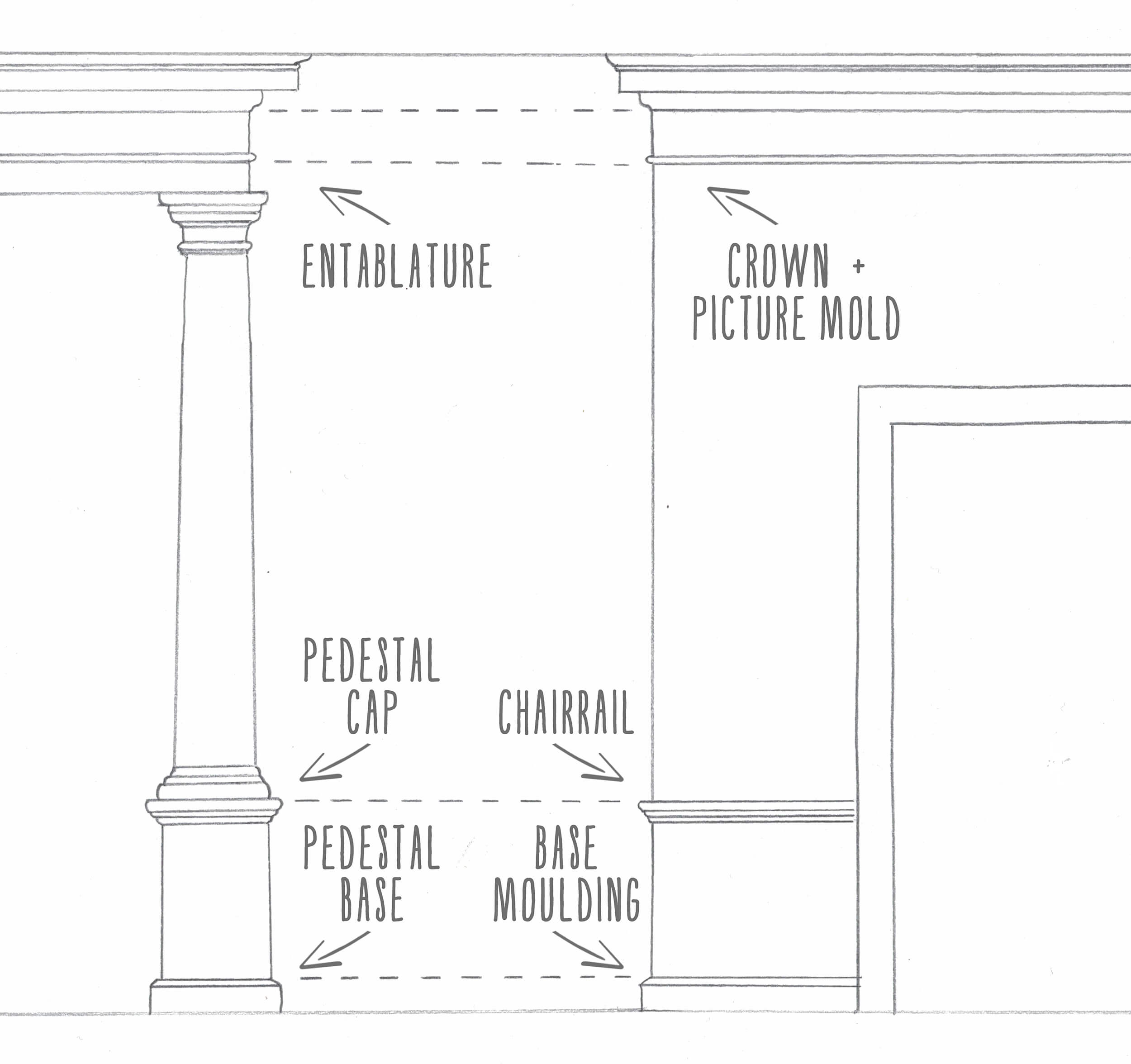
The drawing above illustrates how the location and scale of traditional residential trim elements such as the crown moulding, picture mold, chairrail, and base moulding relate to the Orders of classical architecture. Balance, scale, and proportion can be achieved in today’s homes by studying the architectural works of antiquity.
We use the principles above to help determine what size crown molding will work best in a space. A room with high ceilings can carry a larger crown, while a large crown with look overpowering in a room with standard 8 foot ceilings. We also need to take into consideration the square footage of the room when choosing crown size. For example, it may be tempting to create a large elaborate crown for a formal office. However, even if the room has high ceilings, a large crown will look overbearing if the room does not have ample square footage. A better solution is to choose a well designed crown moulding that is proportionate to the scale of the room, and choose other trim elements such as a paneled wainscoting and grander door casings to add a touch of luxury.
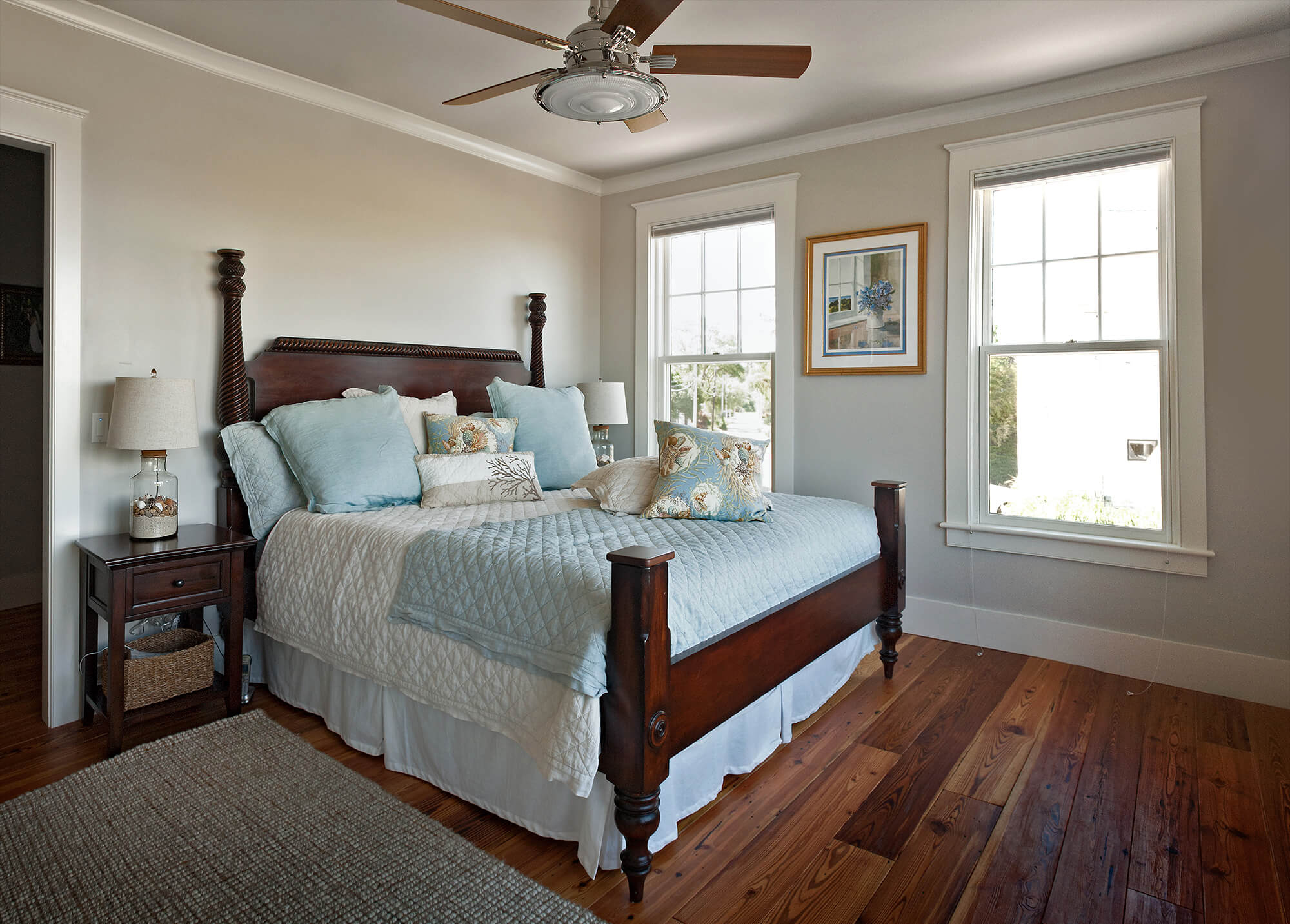

pro tip:
A simple, well designed crown moulding is far superior to a crown that is oversize and too elaborate. Here crown #WOCM005 (see more details below) has classic craftsman design elements.
8 Foot Ceilings
For an 8 foot ceiling height the recommended crown size is 2-1/2″ to 6″ tall with no picture mold. The square footage and level of formality of the room can help determine what crown size in that range is appropriate.
SOME SUGGESTED CROWN MOULDINGS FOR 8 FOOT CEILINGS:
9 Foot Ceilings
Ceilings that are 9 feet tall can sustain a larger crown, typically 3″-7-1/2″ plus the addition of a picture mold in formal public spaces. These larger crowns are often “built-up” using 2 or more moulding profiles, and are also referred to as a cornice.
SOME SUGGESTED CROWN MOULDINGS FOR 9 FOOT CEILINGS:
10+ Foot Ceilings
For ceilings that are 10 feet or taller, a larger crown is necessary in order to make a visual impact. Crowns in casual spaces should be a minimum of 4″, however formal spaces such as grand foyers , dining, and living rooms will need a crown that is at least 9″ and in some cases a full entablature (cornice + picture mold) that is up to 24″ in height.
SOME SUGGESTED CROWN MOULDINGS FOR 10+ FOOT CEILINGS:
By following the guidelines above you can ensure that next room that you create is both pleasing to the eye and follows the classic proportions of craftsmen throughout history. If you’d like to further explore how classical architecture can best influence building today, I invite you to read Get Your House Right: Architectural Elements to Use & Avoid. Here at Horner Millwork we are experts when it comes to interior finish, please contact us to discuss how we can help you create an interior trim package that is architecturally correct and works for your next project.
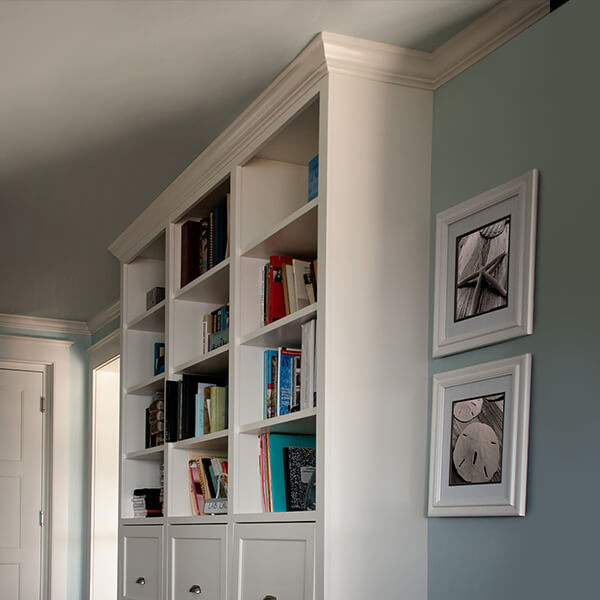
pro tip:
Wrap your crown moulding around an ordinary bookcase to give it a built-in look.
